By: Dr. W. Scott West, Chief Medical Officer, Nashville Neurocare Therapy
Mental health is a critical aspect of overall well-being, impacting individuals from all walks of life. However, mental health challenges are unique for different populations and different individuals within population groups. Members of different populations experience life circumstances, including traumas, that interfere with genetic factors prompting the experience for each person. Minority communities often face challenges that can adversely impact their mental health and ability to receive adequate treatment.
Despite the increasing recognition of mental health awareness, minority mental health continues to be overlooked and stigmatized. This July, we are observing minority mental health awareness month, giving us the opportunity to understand the importance of awareness, the challenges faced by minority communities, and the need for increased support and advocacy.
In 2006, U.S. Congress dedicated the month of July as “Bebe Moore Campbell National Minority Mental Health Awareness Month,” focused on improving mental health services for people of color through education and addressing stigma. Learn more and see a video of her friend Linda Wharton-Boyd: Psychiatry.org – Moore Equity in Mental Health Initiative.
Understanding Minority Mental Health Challenges
Individuals in minority communities often face multiple layers of discrimination, bias, and social disparities that can significantly impact their mental health and well-being. They may experience discrimination and systemic inequalities while pursuing education, employment, housing, and healthcare. These layers of discrimination can lead to chronic stress, trauma, and increased risk for mental health disorders such as depression, anxiety, and even post-traumatic stress disorder (PTSD).
Minorities may live each day subject to “discrimination and inequity that can significantly affect a person’s mental health and experience added trauma and stress when they are treated or perceived as ‘less than.’ (NAMI). The ways in which discrimination and microaggressions can trigger and exacerbate poor mental health are not the only challenges minority populations face when it comes to mental wellness. There also may be more obstacles, including stigmas, cultural differences, and systemic barriers, that can make it more difficult for minorities to receive quality treatment.
Some of the common barriers to care faced by minority populations could include:
- “Lack of availability
- Transportation issues, difficulty finding childcare/taking time off work
- The belief that mental health treatment “doesn’t work”
- The high level of mental health stigma in minority populations
- A mental health system weighted heavily towards non-minority values and cultural norms
- Racism, bias, and discrimination in treatment settings
- Language barriers and an insufficient number of providers who speak languages other than English
- A lack of adequate health insurance coverage” (NAMI)
How to make a difference.
While there is much to be done to bridge to rectify existing mental health disparities, awareness is a place all of us can start. Increasing awareness about minority mental health is crucial in addressing these challenges. It is important to acknowledge and understand the unique challenges faced by minority communities and recognize that every person deserves quality mental health care.
This July, as we observe minority mental health awareness month, it is essential to make an effort to understand the specific mental health challenges underserved groups face and to do what we can to help make a positive change. There are many ways you can help destigmatize mental illness and raise awareness, including:
- “Share awareness images and social media posts surrounding the matter
- Educate yourself and others
- Talk openly about mental health, and show compassion rather than judgment
- Identify and work through implicit biases”(Youth Collaboratory)
If you or someone you love is experiencing depression, there is help available. If you’ve found it challenging to find a talk therapist that makes you feel comfortable or aren’t finding relief from medication, TMS Therapy could be a positive step towards your healing.
One of the safest, most effective ways of treating depression, TMS Therapy, is our specialty for treating major depression at Nashville Neurocare Therapy. This treatment serves all people, regardless of their stressors and traumas. In depressed brains, the centers that control mood regulation aren’t as active as in neurotypical brains. TMS Therapy uses magnetic-pulse technology to wake up these centers in your brain and strengthen or build new neural networks.
TMS Therapy is comfortable and safe, and perfectly natural. Plus, TMS Therapy is 100% drug-free, so there are no adverse side effects commonly associated with antidepressants. Most private and public health insurances widely cover TMS Therapy, and the American Psychiatric Association lists TMS Therapy as an alternative to antidepressants if your medications aren’t working for you.
Please request a free TMS Therapy screening with our office today. We’d love to see if TMS Therapy is a good fit for you on your path to healing.
About the Author: Dr. W. Scott West
Nationally recognized, board-certified psychiatrist, Dr. W. Scott West, blazed the trail for TMS therapy in Tennessee as the first physician to offer this advanced technology in 2010. With 30+ years experience in clinical depression, Dr. West leads the Nashville Neurocare team.
- Board Certified Psychiatrist
- Specialty: Certified TMS Psychiatrist since 2010
- Diplomate: The American Board of Psychiatry and Neurology
- Distinguished Life Fellow: American Psychiatric Association
- Residency: Vanderbilt University, Hospital Department of Psychiatry
- Medical School: University of Tennessee, Memphis, Center for the Health Sciences
- Hospital Affiliations: St. Thomas Hospital


